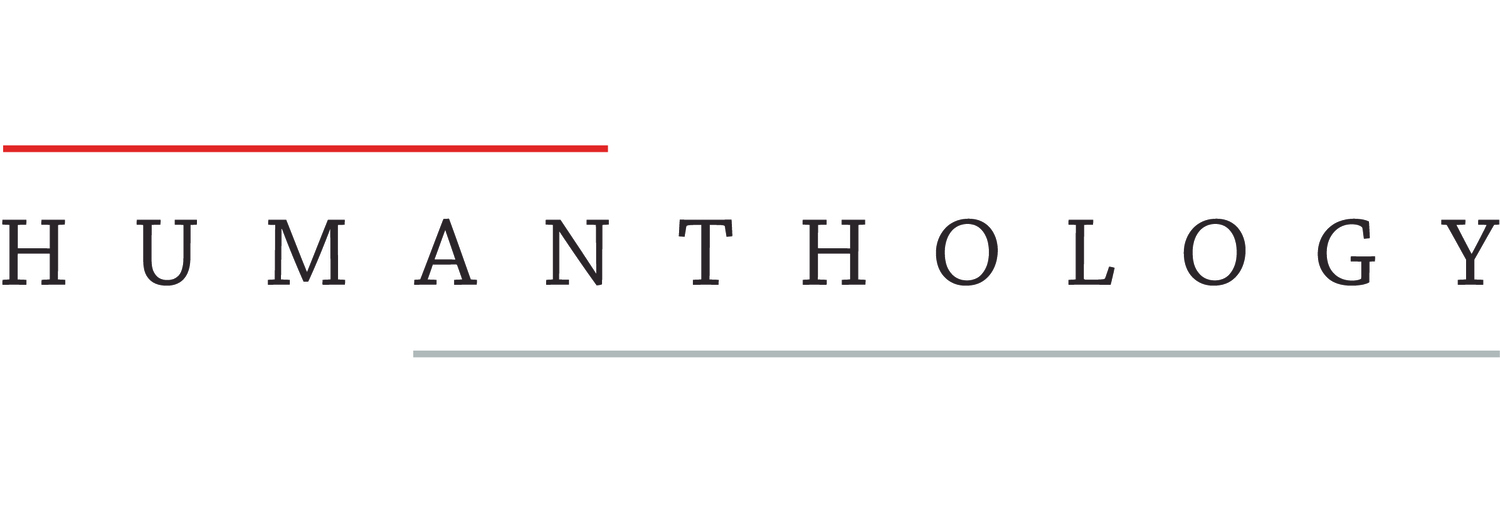By Nikki Yeager
My first foray into foreign languages was during 7th grade when I decided that French sounded more exotic than Spanish, and would therefore be the more interesting language to learn. Over the next four years, I became a member of the foreign language club and aced nearly all my exams. Yet at no point did any of it come naturally. Somehow, I still couldn’t speak a word of French without immense effort and there wasn’t a moment of the learning process I actually enjoyed.
Years later, I found myself face-to-face with a native French speaker who uttered one of the most basic phrases: “Bonjour, comment tu t'appelles?” Hello, what is your name?
My brain completely froze. At the precise moment when I finally had the chance to practice my French skills in real life, I couldn't pull forth the proper response. Although I knew enough to understand exactly what the woman said, I could only force out one answer. “Bien, merci, et tu?” Good, thanks. And you?
Clearly, an answer that made no sense.
I blamed my incompetency on my homogenous hometown and lack of foreign language exposure. I blamed it on a deep inability to mask my accent and maybe, just maybe, some sort of foreign language learning disability. How was it that after four years of classes, I couldn’t speak a word in its appropriate place?
Needless to say, it was not part of my plan to marry into an entirely foreign language speaking family. The first few times I met my in-laws, I was convinced they were mumbling random strings of guttural sounds in my direction: there was no way that what they were saying could possibly be considered coherent words in any language.
Apparently that language they were shouting had a name: русский. Or, Russian.
For the sake of making a good impression, I begged my husband to teach me a single word for the next family gathering: simply, “Hello.” Which - as luck would have it - is the most difficult word to pronounce for an American girl who has a terribly grating Midwestern accent: Здравствуйте (zdras-VOY-tye). Three syllables and a whole slew of consonants crammed together. The less formal option привет (pre-vyet) - comparable to “Hey" - sounded like “Priv-et” coming out of my mouth and sounded so ridiculously wrong that my husband had to brace himself against a wall, doubled over in laughter at my absurd attempt at pronunciation.
Still, I struggled on for the first year of our relationship, never being able to pronounce more than a few words. That is, until one day when I noticed a sign written in Russian on a walk through my husband's neighborhood: аптека.
“What does that say?”
The sign read: аптека (ap-tee-yeka), which means "pharmacy" in English. My husband calmly described the different letters and the sounds they made with little faith of my ever retaining what he said.
But after that moment, things changed. I started noticing аптека written everywhere. Something clicked when the language became visual. A hobby was born in a very unlikely person.
I learned the entire alphabet in one train ride from Sheepshead Bay, Brooklyn to Union Square, Manhattan. That's all it took to suddenly start reading Russian. Sure, I had no idea what I was reading, but I could sound out just about anything. Words like Здравствуйте became startlingly easy to pronounce. I started carrying a Russian language book with me and scouring the pages for new vocabulary while waiting for meetings or riding the subway. My apartment overflowed with flash cards of words that my husband could barely read himself. I bought children’s books written in the language at a rate that threatened to cripple my checking account. During meetings, I now make my notes in Russian, interlacing English words when my vocabulary fails me (which is often).
Now, I can finally understand, if not intelligibly respond to, my in-laws during Russian conversations.
Four years of being immersed in the language and I’m still hilariously bad at forming sentences that are both comprehensible and grammatically correct, but I'm steadily improving. And instead of merely going through the motions like I did for As on French tests, I spend my time trying to actually think in Russian, which has made a huge difference.
I continue studying the language every day with the hope of singing lullabies to my future children and finishing a Dostoyevsky novel in his native tongue. But more than anything, my hobby has allowed me to see the world differently. I was even able to read about the Jewish population while visiting Odessa…in Russian. I’ve been able to build relationships that I could have never managed without it, and can understand my husband’s past, and present, in a way I never did before.
There is nothing in the world that could mean more to me than that.

